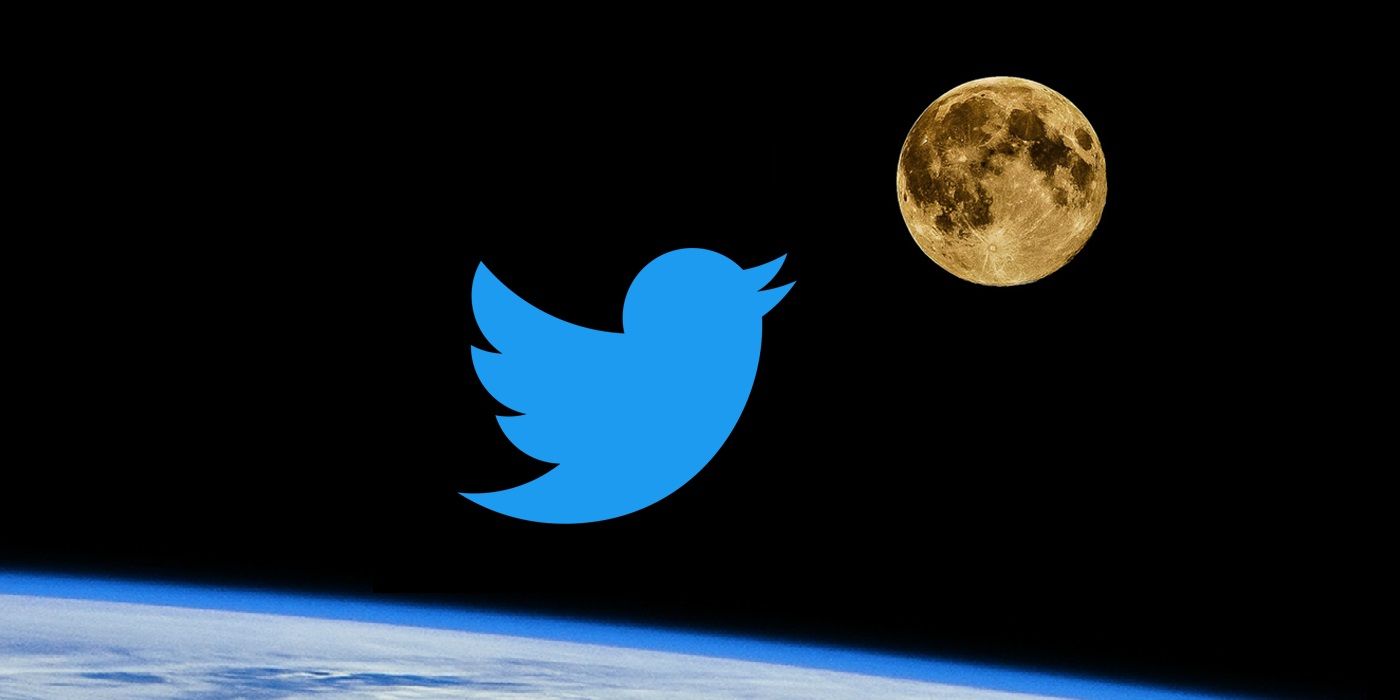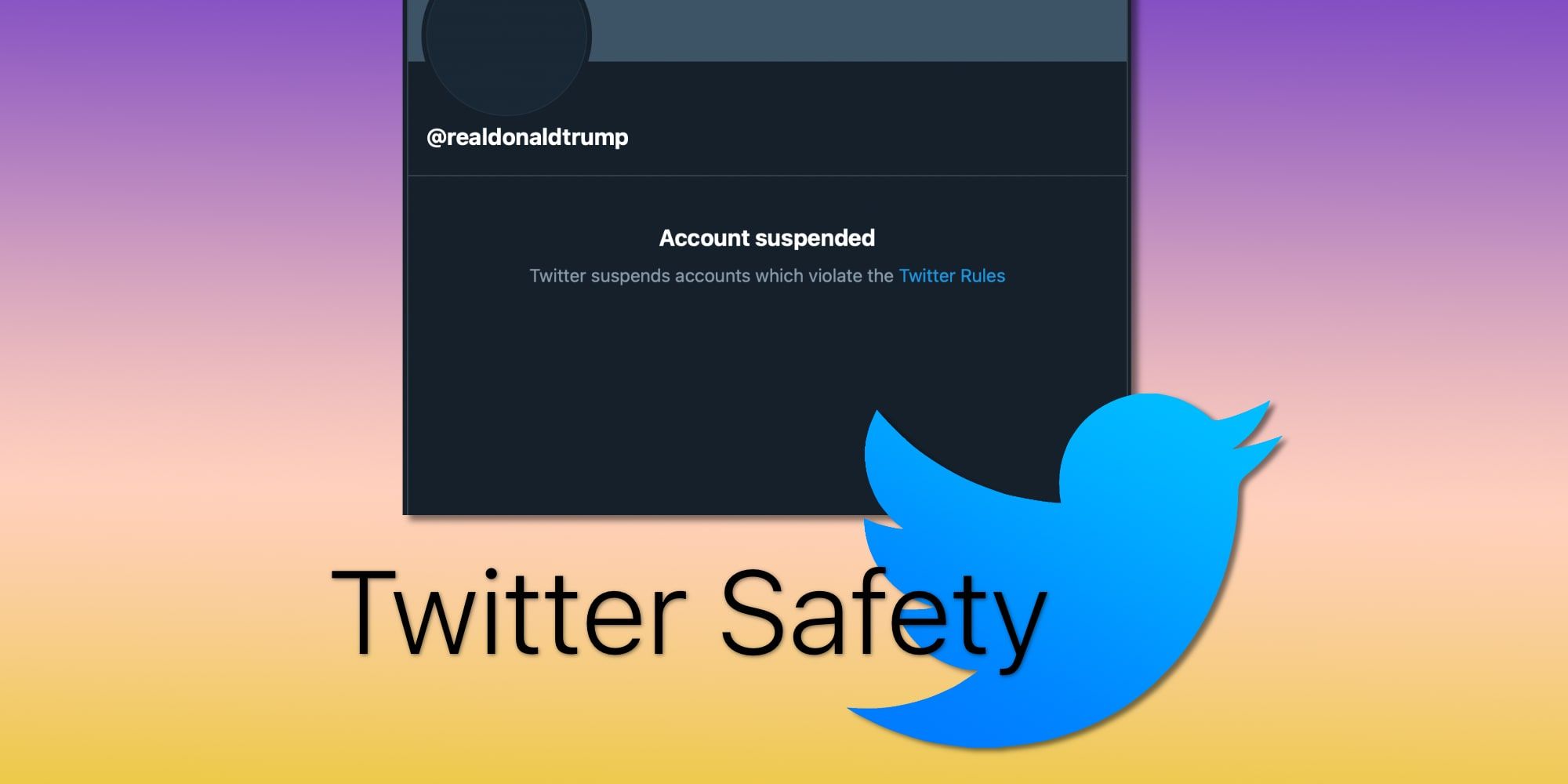Elon Musk is no stranger to the Moon but taking Twitter to those dizzy heights won’t be an easy or straightforward task, and especially in terms of free speech. Through SpaceX, Musk plans on taking humans to the Moon, literally. Through the backing of crypto projects like Dogecoin, Musk has often been credited with helping meme coins get closer to the Moon, figuratively. With the popular tech figure now in the process of taking over Twitter, many might be expecting a similar impact. However, and while there undoubtedly will be changes, how much can actually change remains to be seen.
Like many other social media services in 2022, Twitter has a content problem. More specifically, a moderation of content problem and this has led to various changes already. To name a couple, adding labels to Tweets deemed problematic for various reasons and allowing people to choose who can reply to posts. In some of the more extreme cases, accounts have been outright banned. These bans are often explained away as repeated violations of Twitter’s guidelines, but to others, it is simply a matter of silencing speech. To some, Twitter is not just silencing, but attacking free speech.
Musk apparently plans to stop this ‘attack’ from continuing. Before a deal for Twitter was done and confirmed, Musk had already made clear that Twitter has a free speech problem and one that he hoped to help solve. In the announcement confirming the deal, Musk again referred to free speech, Twitter’s so-called ‘digital town square’ status, and the need for a more open platform in general. Even going so far as to state that the mysterious algorithm blamed for many of Twitter’s decisions will be open-sourced for all to see. In principle, these are all positive changes and ones which would make Twitter a better platform. In principle.
Solving Moderation Is Arguably Harder Than Going To The Moon
Regardless of where someone falls on the ‘did we go to the Moon’ debate, going to the Moon is now far more of a realistic proposition. SpaceX, Blue Origin, and others are making great strides in this respect and it is easy to see that, one day, trips to the Moon and even farther afield will likely happen. Social media is a completely different ball game, however, and one that is harder to see clearer paths forward. The early days of social media was far more of an open place than it is today, with users previously able to mostly post what they wanted, when they wanted. As time went on, and issues arose, the need for moderation became all the more obvious. This is not just something that affects political topics and divides, but the comments section of any website. In reality, there has to be some form of moderation so the question then becomes, how much moderation is too much?
That's a far more difficult question to answer and especially within a free speech context. It's not just harder to answer here now in an article, but also for Musk to answer and ultimately solve. If Musk, and whichever team is involved in making moderation decisions in the future, decides on no moderation whatsoever, then the platform is likely to find itself facing a different set of problems, including both legal and advertiser-based issues. Like it or not, advertising is a big deal for Twitter, and keeping advertisers happy is something every platform and most websites are now trying to do. No moderation at all would almost certainly and greatly impact on advertiser revenue. Of course, one way around this could be to remove advertising altogether. With elements like Twitter Blue already available, it is possible the platform could move to a 100 percent subscription-based revenue system. Still, that might not help with any legal issues that could arise from zero moderation, something that Musk is very much aware of.
At the same time, any sort of moderation is likely to be seen as impacting on free speech to some degree. At the very least, any form of moderation means someone, or some AI, deciding what is and isn’t a breach of those rules and guidelines. It is probably fair to assume that Musk himself won’t be deciding on a case-by-case basis, but then who will? More AI solutions that are already seen as discriminatory in one way or another, or teams of humans who inevitably come with their own biases and preferences? This is the issue with moderation in general and one that no platform has been able to effectively solve yet. Although some may see current solutions as biased towards one group, there’s no reason to assume things will be any different in the near future, and irrespective of who owns a platform like Twitter. In fact, this is why Musk has suggested open-sourcing the algorithm to begin with - "to increase trust" through transparency in the existing algorithm. Yes, it is possible that by being open-sourced, others may be able to contribute to help make the algorithm less biased in the future. However, that’s one of the current unknowns, not one of the guaranteed outcomes of Musk owning Twitter.
For better or worse, the reality is that moderation is not only something that’s required in 2022 and beyond, but something that has proven extremely difficult to master and will regardless of who is at the helm of Twitter, Facebook, or any other popular platform. While Musk may get humans (and possibly even Doge) to the Moon one day, getting Twitter there is going to prove a lot harder, if not impossible.
Source: Twitter, Elon Musk/Twitter


